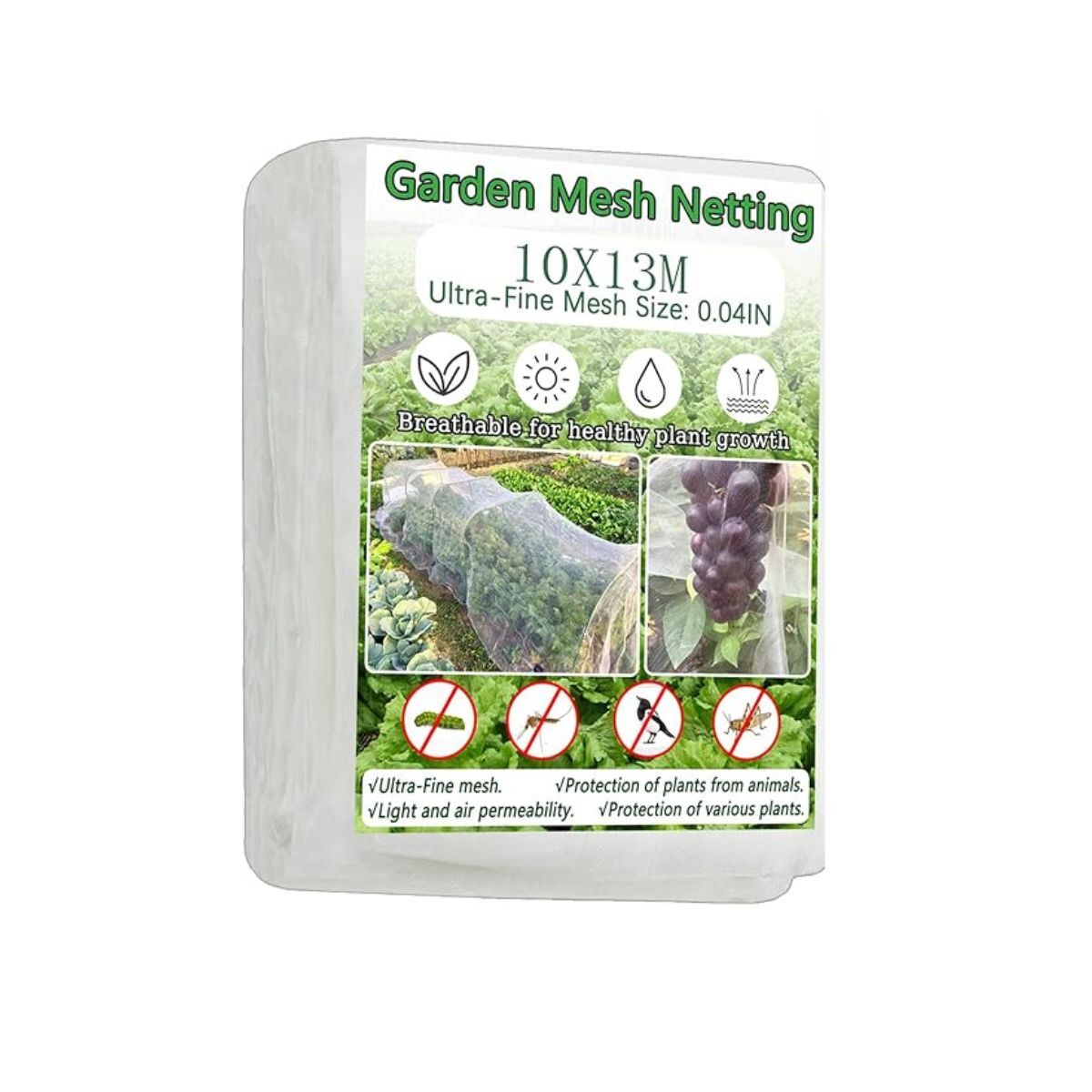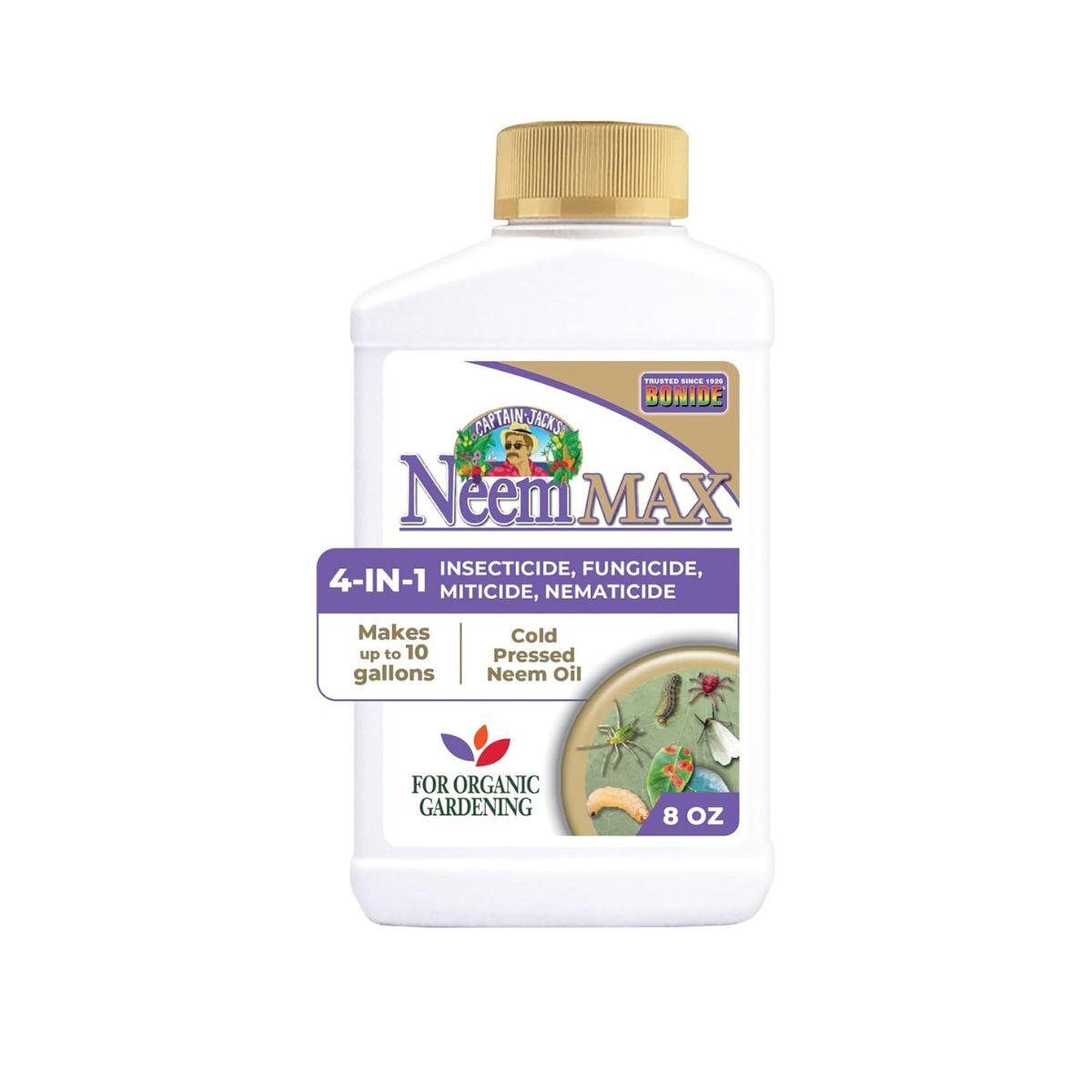Have you heard of root aphids? They might be the hidden culprit behind your lacklustre plants – here's how to spot and get rid of this underground pest fast
Root aphids, a particular species of this common pest that lives underground

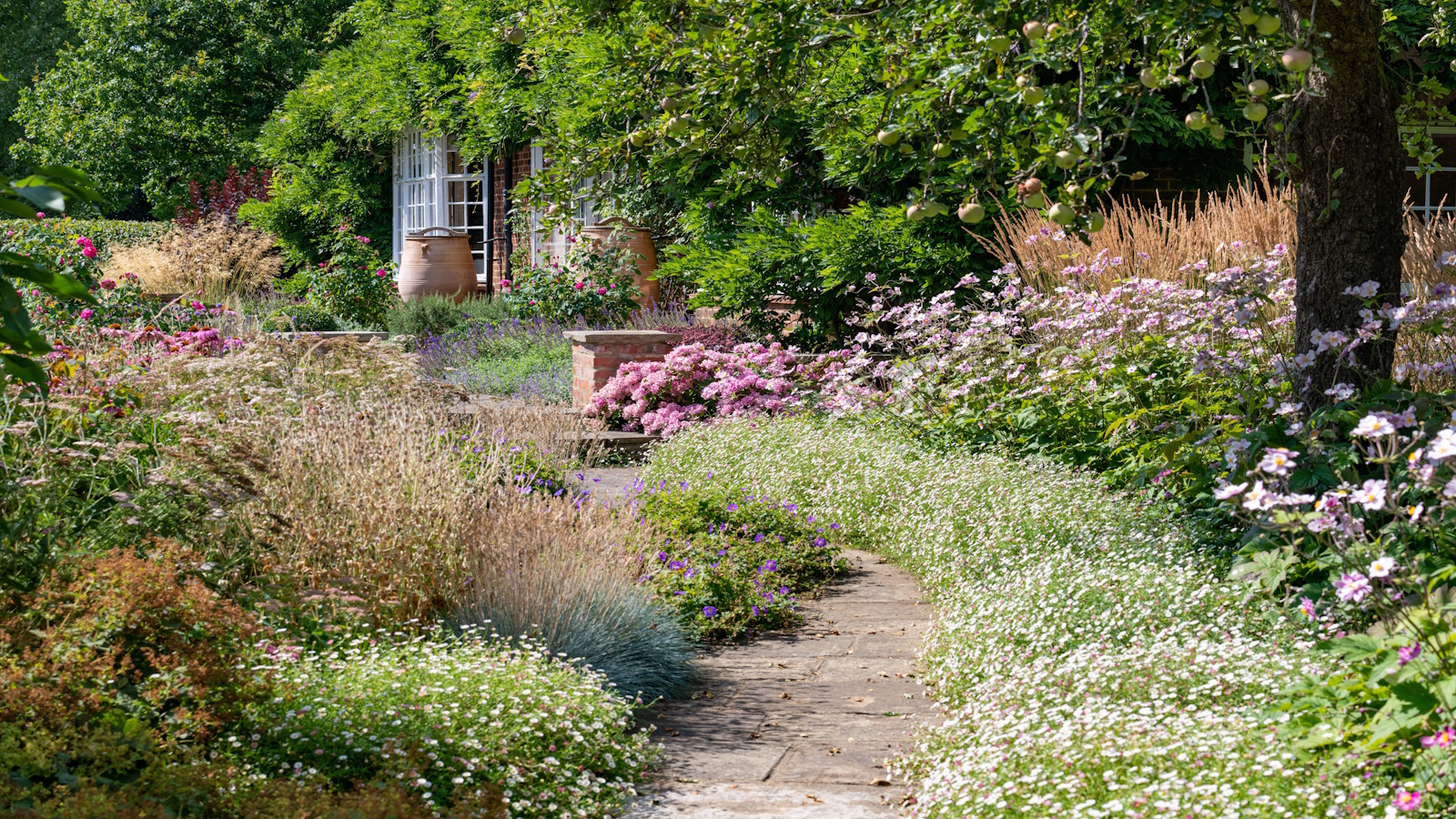
Root aphids are a species of aphid that feed on plant roots, unlike typical aphids, which usually feed on leaves and stems. Root aphids suck nutrients from the roots of plants, resulting in stunted plant growth and many cases, plant death. That said, they may pose less of a threat to your planting than you think.
If you're wondering how to get rid of aphids and stop them draining all life and color from your garden, you might be overlooking root aphids (since they're impossible to spot unless you lift plants from the soil), and this might just be the culprit for sorry-looking blooms. It might be, though, that root aphids pose little threat to your precious plants, so it's worth taking stock of your current situation before hastily yanking plants from their beds to inspect their roots.
Here is everything you need to know about root aphids and what to do if they are running amok in your garden.
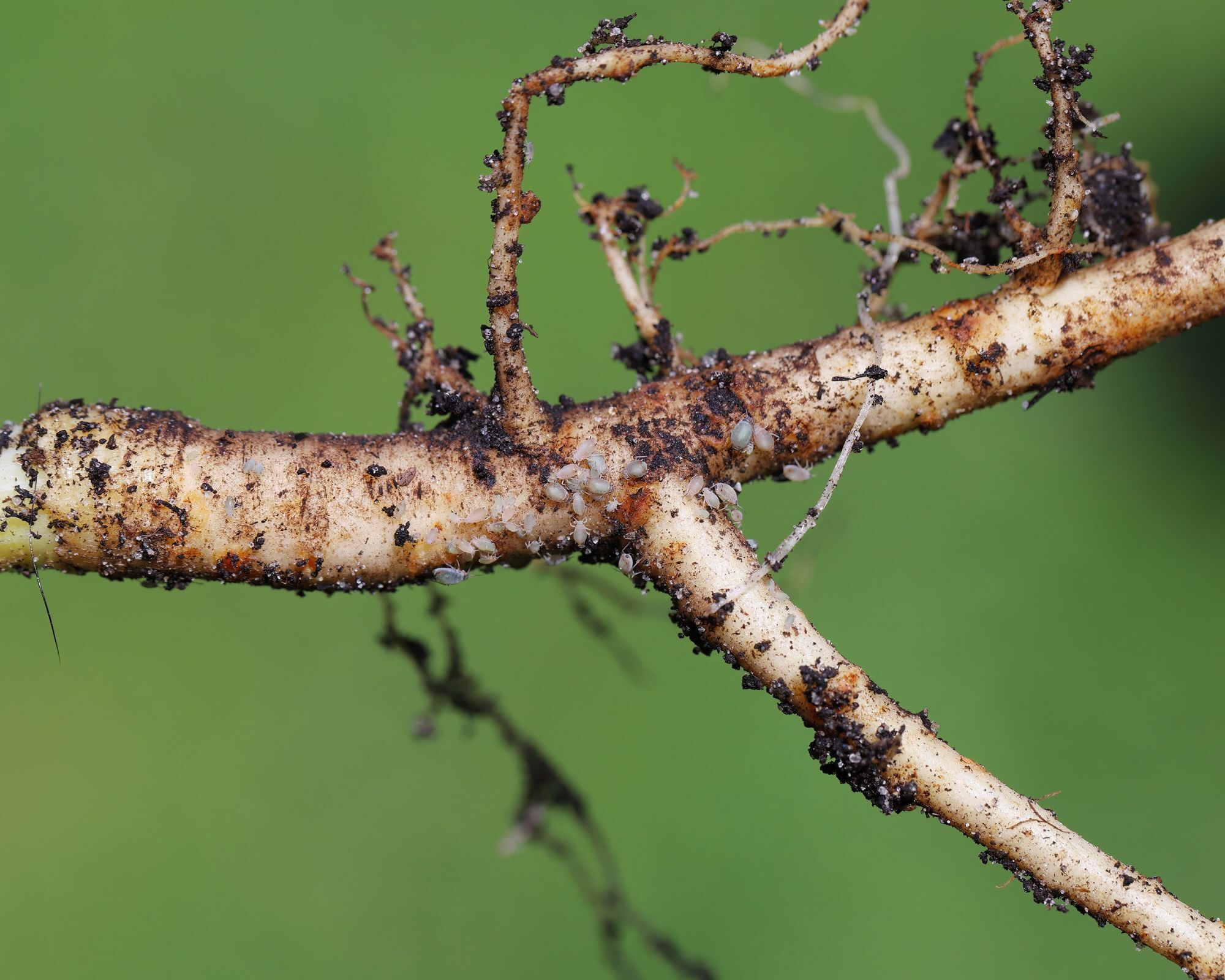
What are root aphids?
Root aphids are essentially just a type of aphid that lives and feeds on plant roots. They're minute, so very hard to see with the naked eye – but not impossible. They're only about 2-3 mm long and usually white and waxy.
As you can see in the image above, squint, and you will spot them and their eggs feasting on your poor plant roots and zapping it of its energy and nutrients. It is fairly rare to have root aphids, but frustrating to identify, since they live below the soil.
If you have root aphids, it is most likely that they will be accompanied by lots of ants, too. These only make matters worse, as they carry the root aphid eggs from plant to plant throughout an entire garden. Ants are like root aphids' partner in crime, in that respect.
What threat do root aphids pose to a garden?
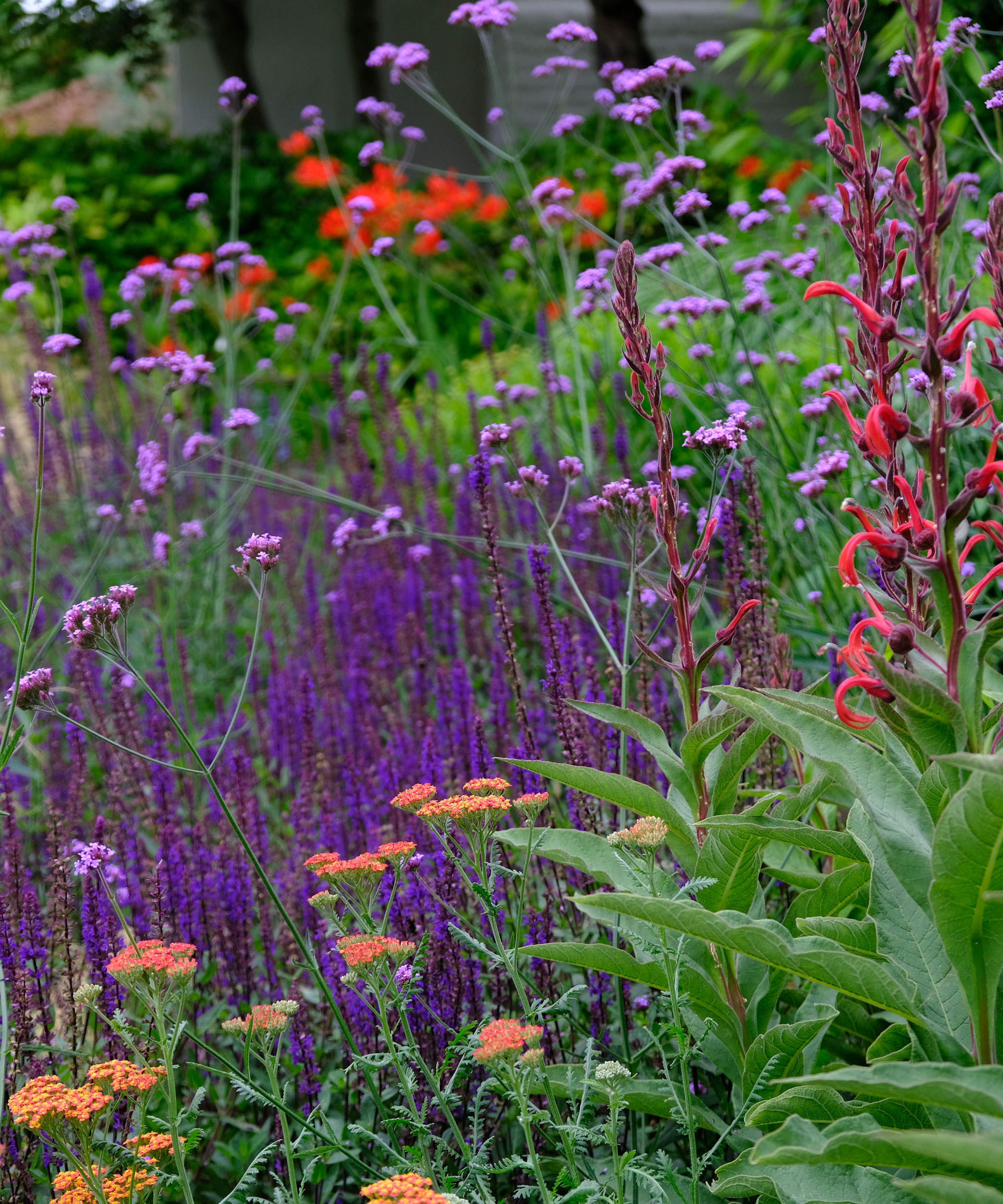
The threat that root aphids pose to plants is twofold. Firstly, root aphids bore into the plant root to feed, creating small but significant wounds in the roots that leave plants vulnerable to mildew, root rot, and disease, which can then take hold rapidly.
Design expertise in your inbox – from inspiring decorating ideas and beautiful celebrity homes to practical gardening advice and shopping round-ups.
They also feast on the nutrients found in the roots. This is why a root aphid issue is often mistaken for nutrient deficiencies, because essentially, they are depriving the plant of key nutrients. Lack of vigour, stunted growth, yellowing, or wilted leaves are all signs of a root aphid issue.
However, that said, on the whole, most plants in a garden will resist predation and disease posed by root aphids. For example, root aphids don't make the slightest difference to roses, which very often have root aphids, but rarely suffer at all.
It is worth remembering that all types of aphids are part of a healthy, balanced garden ecosystem, and unless colonies are getting out of control, it's not worth losing sleepless nights over them.
Root aphids can only suck the sap from young, fresh plant material, so if you have an established garden and strong, healthy plants, it is unlikely to be an issue worth worrying about.
How to get rid of root aphids
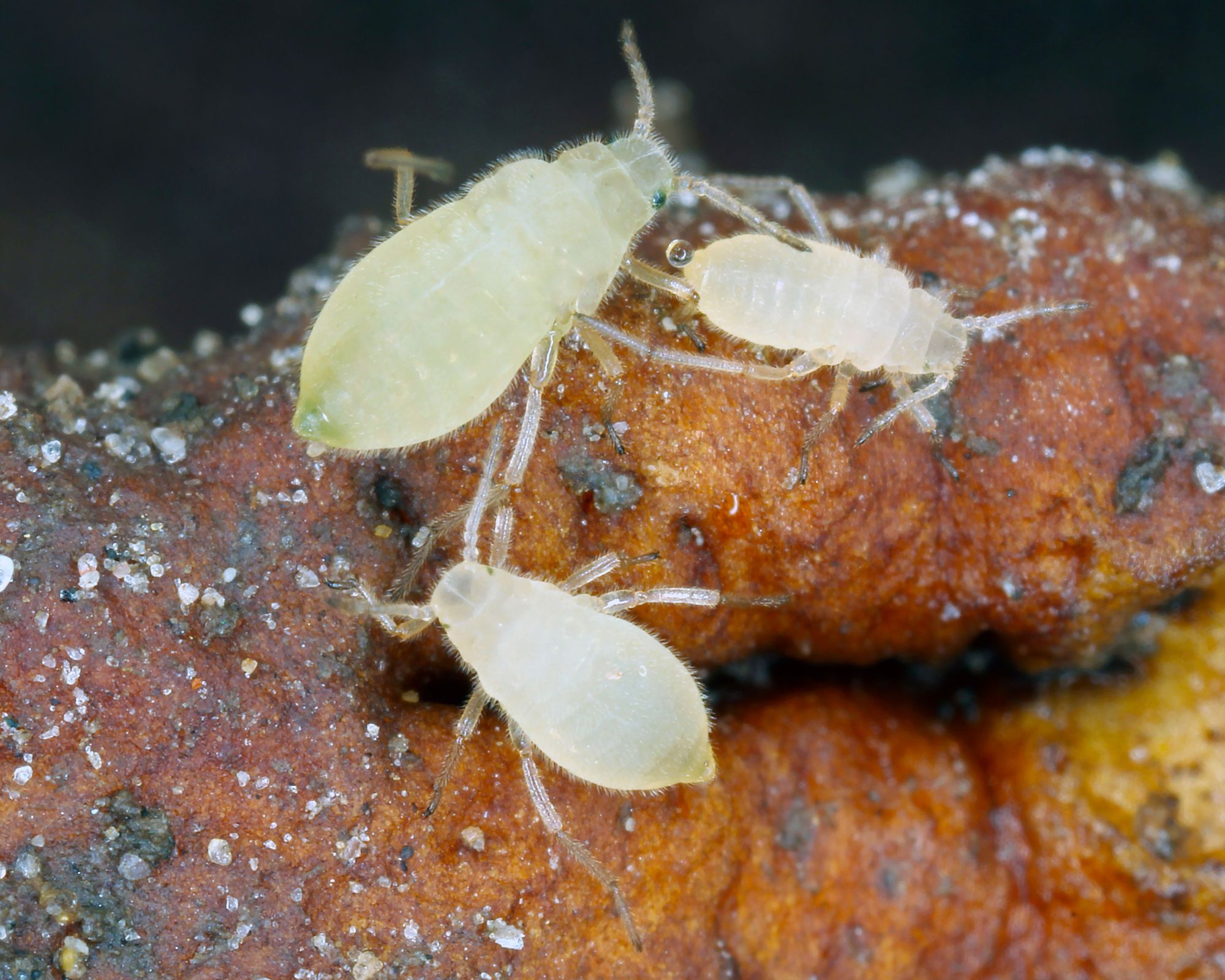
It is too black and white to think of the relationship between plant and predator as entirely hostile. They might be more of a boon to your yard than you first thought. They provide food for certain predatory insects, and on the whole, pose very little threat to your plants.
But how to tell if root aphids are becoming a nuisance? Here are the signs to look for:
- Stunted growth - plants that appear smaller than you would expect and lacking vigour
- Reduced flower production
- Yellowing or curling plant leaves
- Root damage - roots infested with root aphids will have many wounds and you may be able to spot several aphids huddled together around these wounds where they will be feeding
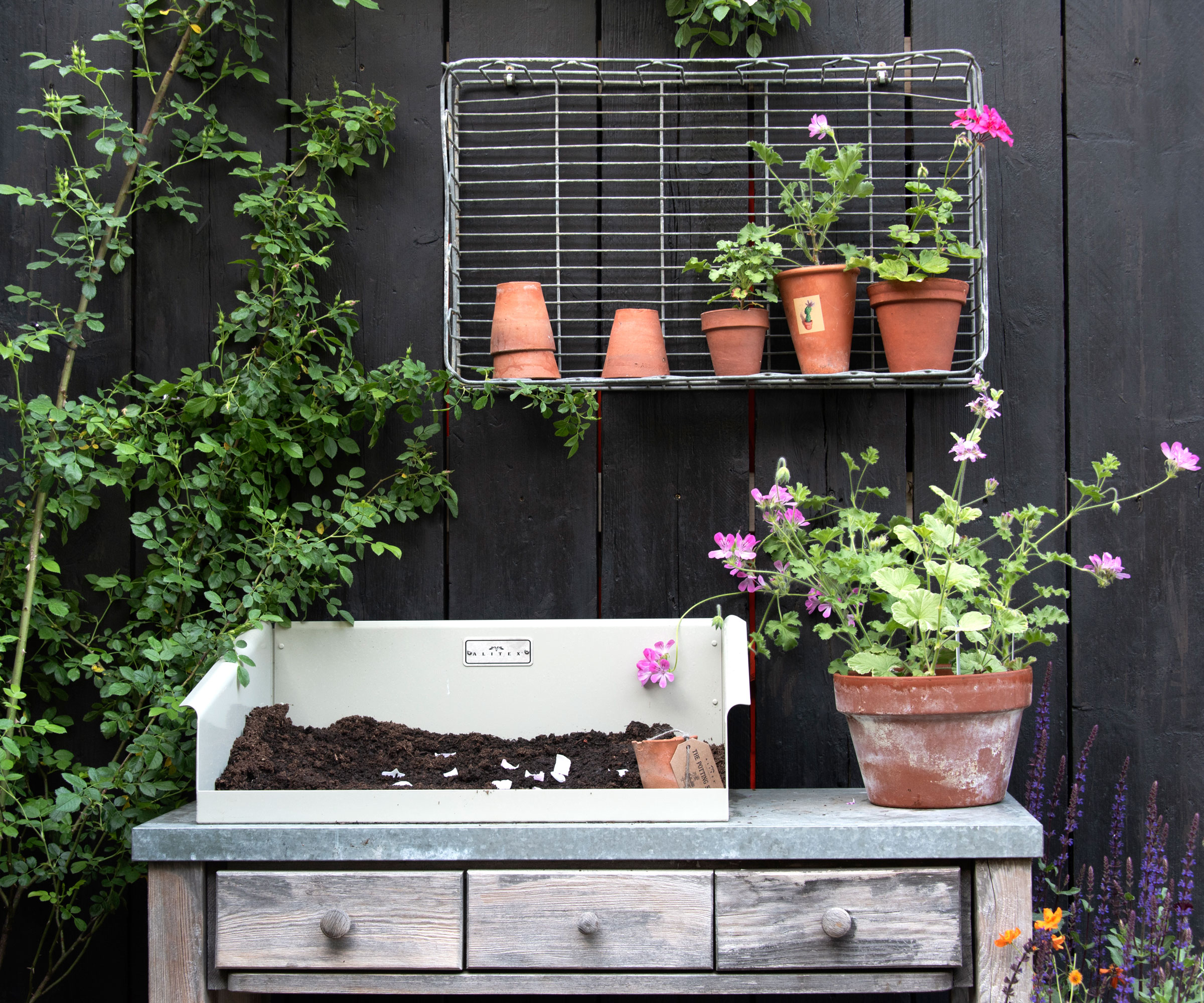
Unfortunately, the only way to know for sure if your plant is being targeted by root aphids, is to remove the plant from the soil and inspect the roots yourself.
Even if there are root aphids scuttling about, it is wise to think about providing the plants with adequate care, water and food to not be bothered by them. Removing root aphids entirely from a garden is nigh on impossible. Here are some things you can do to remedy a root aphid issue, if you think it is getting out of hand:
- Always check the roots of plants and seedlings before planting, so you can identify root aphids before they can get introduced to your soil. Make a habit of doing this, as you may be directly planting root aphids into your garden without knowing it.
- Do not use insecticidal soaps to control root aphids. While they will kill insects moving up plant stems, they will do very little to stop aphids in the soil and can cause serious harm to your plants roots.
- If you identify plants that have been ruined by root aphids, remove the infected plants immediately, and be very careful not to drop soil or spread the root aphids and their eggs into other parts of your garden. Remove the entire plant with minimum disturbance, and crucially, ensure you have removed the entire root ball.
- Use a garden mesh netting over plants in spring and summer to prevent winged aphids from attacking your plants. Whilst this might not deter aphids that are soil-borne, it will prevent further stress on your plants, so they will often tolerate root aphids without any complaints. It is as much about reducing stress factors as anything else.
- Use neem oil, as neem oil effectively controls aphid infestations, as the organic compounds in neem oil act as a repellent for aphids by disrupting how they feed. This is a great non-toxic way to stop aphids from crawling up the stems, and has many other benefits for disease-laden plants.
Shop root aphid essentials
Remember, the more wildlife you attract to your garden by planting plants for birds, which will flock to your garden to feed on pesky aphids, attracting ladybugs, beetles, and all other types of creepy crawlies, the happier and healthier your entire garden will be.

Sophia Pouget de St Victor is the UK Content Editor at Homes & Gardens, bringing readers the latest trends, expert insights, and timeless design inspiration tailored to a UK audience. With a background in luxury interiors and a qualification in Garden Design from London, she has a passion for creating spaces with character and emotional depth. Sophia gravitates toward interiors that defy definition, valuing individuality and effortless elegance. She lives in West London with her partner, two mischievous terriers, and a plump cat named Lettuce.
